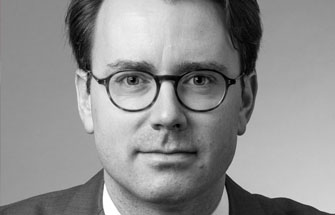Jérémy GENIN, Chief Investment Officer of Monaco Asset Management, discussed the monetisation of Metaverse at the META ENTERTAINMENT WORLD Summit in Monaco. The associations NFT, Blockchains, Cryptos and Meta World, not always relevant, blur the lines.
The Context
In 2021, Facebook will become Meta, bringing with it a lot of speculation about what is being presented as a revolution. The Metaverse, the "virtual world", is everywhere: e-gaming, e-sport, e-fashion, but also e-Real-Estate. An example? The French start-up Exclusible bought plots of land in the Metaverse The Sandbox and then built villas and islands there, which were immediately sold to sports, rap and business stars for a total of about 4.5 million dollars.
The art world is no exception: recently the Bored Ape Yacht Club (BAYC) created by Yuga Labs, a collection of 10,000 profile pictures of a "bored ape" to be sold as NFTs (unique ape avatars) was sold for $3.4 million. The drunken monkey has a bright future ahead of it...
What is the interest of Metavers for an asset manager?
We are interested in digital assets more generally, we are trying to understand how to access them. We are looking for new areas of investment, and it is possible that blockchain technology is a promising sector of activity, allowing an opening to other potential markets. At the moment, investing in real estate in some parts of the world is relatively complicated, as is investing in commodities; tokens, digital assets, are paradoxically more accessible and may be a solution to broaden the scope of accessible investments.
Metaverse is still a sector that we know little about, but if many investors find their way into it, then service companies such as asset management companies will have to look into it as well.
Does regulation play an important role in this business?
Regulation is an extremely important issue for us because the genesis of Monaco Asset Management, founded by Antony Stent Torriani, has always been capital protection. Unfortunately, digital assets can generate malice and bad practices, so we are extremely vigilant: it is not easy to distinguish good opportunities from bad ones. Regulation must absolutely be developed on an international scale, because this type of asset has no borders or barriers. As long as this is not the case, it necessarily limits investments and, more generally, the growth of this new sector.






